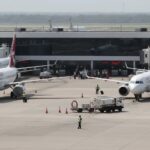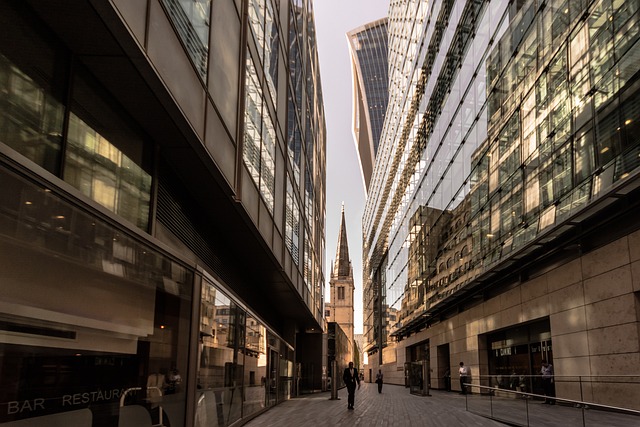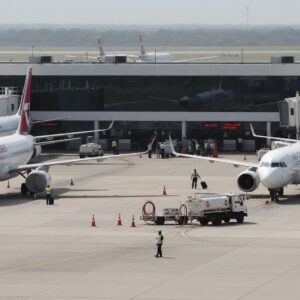According to a recent survey, more than a third of UK hospitality firms, including pubs, restaurants, and hotels, might go bankrupt by early next year as energy costs rise and reservations plummet. With virtually all firms reporting increasing energy costs and food price inflation, 35% of respondents of a quarterly hospitality sector survey predicted that they will be running at a loss or unable to continue trading by the end of the year.
According to collaborative research by UK Hospitality, the British Beer and Pub Association (BBPA), the British Institute of Innkeeping (BII), and Hospitality Ulster, 77% of operators reported a decline in diners and drinkers, and 85% anticipated the situation to deteriorate.
The trade bodies said the survey revealed the “stark situation facing hospitality businesses, with many on the brink due to the cost of doing business crisis”.
“The vulnerability of the sector due to soaring energy costs, crippling rises in the cost of goods, and dampening consumer confidence is on full display in this survey and, if urgent action isn’t taken, it is looking incredibly likely that we will lose a significant chunk of Britain’s iconic hospitality sector in the coming weeks and months.”
Many hospitality businesses, which had been forced to close for months due to government pandemic lockdowns, saw a surge in revenue this summer as people relished the freedom to socialize more freely. However, the recovery has been hampered by rising food prices and labor shortages, particularly for expert posts such as chefs, which have resulted in significant wage inflation. Some bars and hotels have already shuttered or announced that they would close for the winter due to the hefty prices.
The hotel industry is still recovering from Covid-19 pandemic lockdowns and is being impacted directly – through increased staff, electricity, food, and drink expenses – and indirectly since customers have less money to spend on going out. According to a recent analysis by credit and debit card operator Barclaycard, more than half of Britons aim to cut back on non-essential spending as the important Christmas market period when most firms generate their profits approaches. Three-fifths of those reducing back plan to cut back on eating out. Almost one-third of Britons bring packed lunches to work rather than buying meals on the move.

















More Stories
SBA Blocks Green Card Holders From Key Loan Program, Raising Concerns for Immigrant Businesses
Spain Beckons: Europe’s Hottest Hotel Investment Spot in 2026
Global Overtourism Crackdown: New Taxes in Mexico, Europe, Thailand